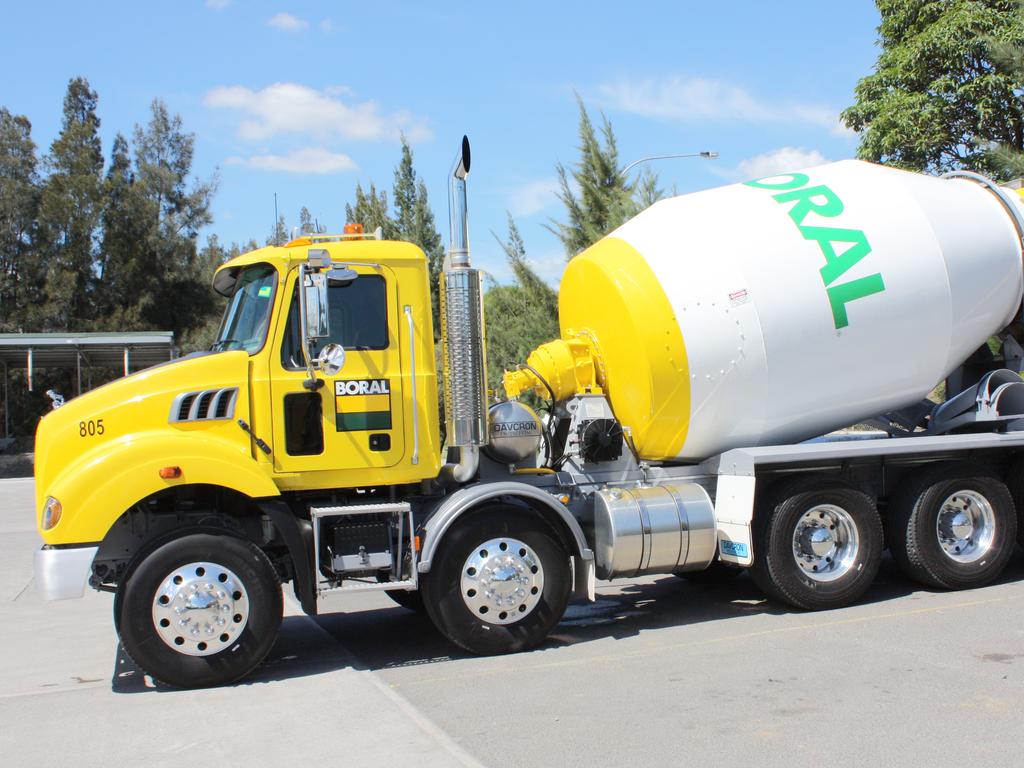Resources sector confident of avoiding China tariffs
Sources say they do not expect any spillover into Australia’s critical minerals exports.

The resources sector is keeping a close watch on the growing trade stoush between Canberra and Beijing, but senior sources say they do not expect any spillover into Australia’s critical minerals exports.
Despite concerns coal exports could again be targeted with increased scrutiny at Chinese ports, industry sources say there is little sign Beijing is preparing to broaden its attack on Australian exports from barley to mineral commodities.
Last week China’s state-backed coal transportation and distribution association reportedly called on authorities to tighten restrictions on imported metallurgical coal to protect domestic producers, exacerbating concerns Australian exporters could get caught up in the trade tensions after calls from Scott Morrison for an investigation into China’s role in the emergence of the COVID-19 panic sparked criticism from Beijing.
But industry sources say there has been no sign of any threat to key commodities, with no slowdown in the rate of coal exports from Queensland or NSW ports, or of iron ore shipments from the Pilbara.
With China’s leadership seen as likely to announce stimulus measures at the Communist Party’s National People’s Congress on May 22, resources sector sources say they expect any further retaliatory action from China to target consumer goods and agricultural exports — wine or dairy products — rather than take action that could make it more expensive for China’s industrial heartland to contribute to the country’s recovery from the coronavirus.
One executive with extensive experience of operating in China pointed to its move to lock in increased supply of barley from the US ahead of the announcement of new tariffs on Australian exports, saying the barley action followed a previous pattern of inflicting political damage on target nations with as little cost as possible to Chinese buyers.
Another said the sector was more focused on concerns about the slow pace of recovery in other key trading partners such as Korea and Japan than any potential action by the Chinese government against Australian resources.
“Chinese companies own a stake in BHP’s mines, in Rio’s mines, in Fortescue — they’re not going to touch iron ore because they need it. And coking coal is cheap, so they’re going to keep buying as much as they can store,” he said.
Regardless, new measures aimed at modernising China’s transport, communications and energy networks could also spark increased demand for copper, nickel and battery metals such as lithium and cobalt.






To join the conversation, please log in. Don't have an account? Register
Join the conversation, you are commenting as Logout